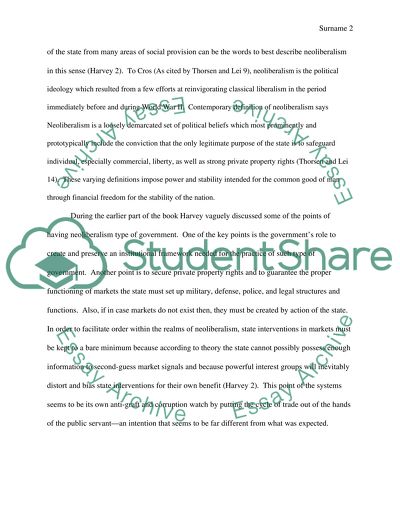Cite this document
(“Neoliberalism in China: The Two-Faced Economy Essay”, n.d.)
Retrieved from https://studentshare.org/history/1443710-love-critical-argumentative-essay-harvey-on
Retrieved from https://studentshare.org/history/1443710-love-critical-argumentative-essay-harvey-on
(Neoliberalism in China: The Two-Faced Economy Essay)
https://studentshare.org/history/1443710-love-critical-argumentative-essay-harvey-on.
https://studentshare.org/history/1443710-love-critical-argumentative-essay-harvey-on.
“Neoliberalism in China: The Two-Faced Economy Essay”, n.d. https://studentshare.org/history/1443710-love-critical-argumentative-essay-harvey-on.


